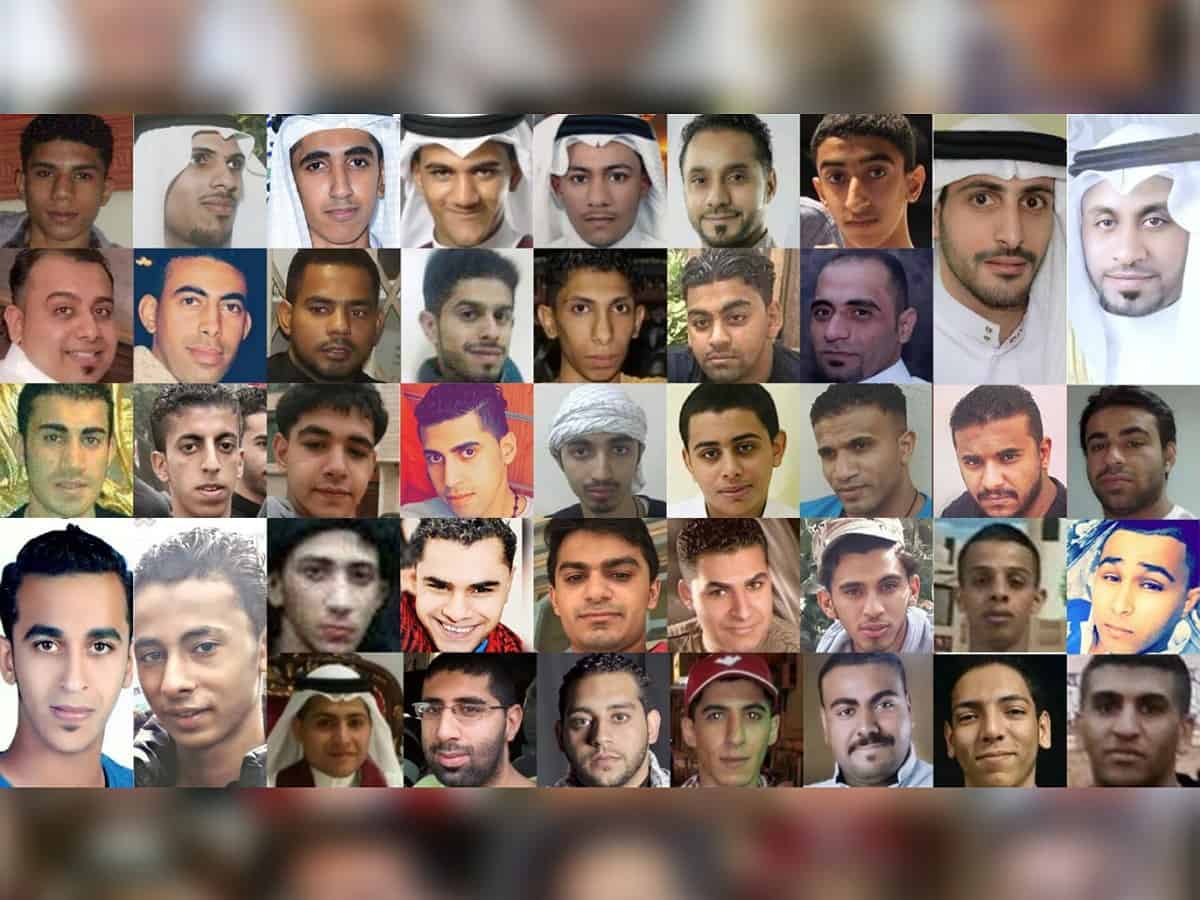
The annual rate of executions in the Kingdom of Saudi Arabia (KSA) has almost doubled since King Salman and Crown prince, Prince Mohammed bin Salman, came to power in 2015.
This came in a report, issued on Tuesday by the non-profit European Saudi organization for Human Rights (ESOHR) and the anti-death penalty charity Reprieve.
The report, entitled “Bloodshed and Lies: Mohammed bin Salman’s Kingdom of Execution,” stated that the average number of executions increased by 82 percent under the rule of Mohammed bin Salman and his father.
The two organizations confirmed that more than 1,000 executions were carried out during the reign of the current leadership of the Kingdom, after matching official data with their own investigations and interviews with lawyers, families of death row, and activists.
In the year 2022, the Kingdom executed 147 people, including 81 people in one day in March 2022 on charges related to terrorism, in the largest mass execution in the history of Saudi Arabia, and this matter sparked international condemnation.
In November 2022, Saudi Arabia executed 12 people in 10 days.
Saudi Arabia executed in 2022 executed twice the number of individuals who were executed in 2021. 67 were executed in 2021 and 27 in 2020.
According to the report, the Kingdom carried out an average of 70.8 executions per year during the period from 2010 to 2014, and during the period from 2015 to 2022, it carried out 129.5 executions per year.
However, the past six years witnessed the largest number of executions in modern history in Saudi Arabia.
Almost three-quarters of the women executed from 2010-2021 were foreign nationals, and of these, at least 56 percent were domestic workers.
The report pointed out that “executions in Saudi Arabia have always been shrouded in secrecy.
The government refuses to publish data on executions, despite repeated warnings from the United Nations in this regard and does not notify families of executions or of returning bodies to their families.
The report considers that “this lack of transparency enables Saudi Arabia to cover up its violations and hinders the efforts of other countries and organizations to hold it accountable.”
“Every point in this report represents a human life lost,” said Maya Foa, director of Reprieve.
Maya Foa continued, “The Saudi death penalty machine reaps children, demonstrators, vulnerable women in domestic service, drug carriers without their knowledge, and people whose only ‘crime’ is owning banned books or speaking to foreign journalists.”
“The Saudi authorities are taking this bloody path with the aim of intimidation and political repression,” said Taha al-Hajji, legal director of the European Saudi Organization for Human Rights, noting that “reports of secret executions since the end of 2022 are very disturbing.”



